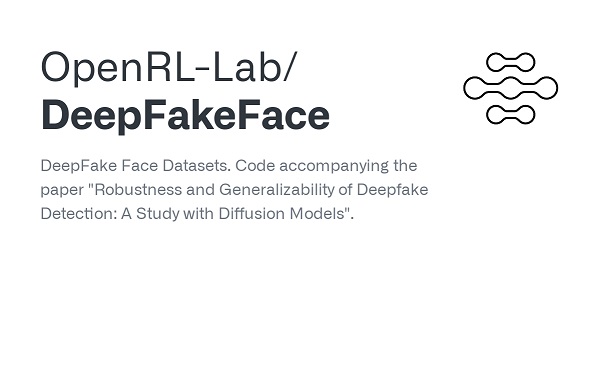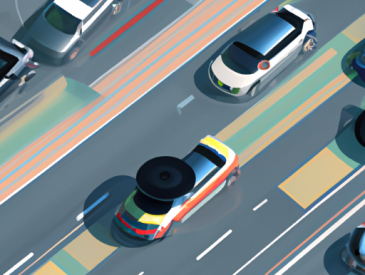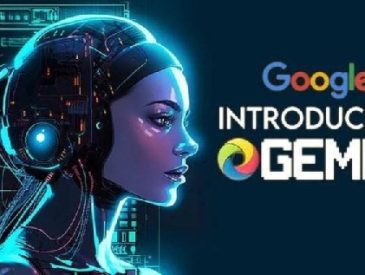Deepfake technology has become increasingly sophisticated, making it harder to distinguish between real and fake images. To combat this challenge, researchers have created a new and valuable resource called DeepFakeFace (DFF) – a dataset specifically designed to spot fake celebrity images. This dataset is a crucial step towards improving our ability to differentiate between genuine and manipulated visuals.
DeepFakeFace (DFF) is a collection of fake celebrity photos generated using advanced AI algorithms. Its primary purpose is to train and test models for image forensics, enabling the development of robust deepfake detection techniques. With the rise of deepfake technology and its potential implications, datasets like DFF play a vital role in maintaining trust and authenticity in the digital age.
The creation of DFF has come as a response to the increasing prevalence of fake celebrity images circulating online. Celebrities are often targeted by malicious actors who use deepfake technology to create convincing but false images. These manipulated visuals can be shared widely and potentially cause harm or misinformation. Therefore, it is crucial to develop tools and techniques that can identify and flag these fake images effectively.
The DFF dataset contains a diverse range of fake celebrity photos, meticulously generated using AI algorithms. By including a wide variety of celebrities, facial expressions, and lighting conditions, DFF aims to provide a comprehensive and challenging dataset for deepfake detection research. This diversity ensures that models trained on DFF are exposed to a broad range of fake image variations, enhancing their ability to spot deepfakes in real-world scenarios.
Researchers and developers can utilize the DFF dataset to train deep learning models to detect subtle cues and anomalies indicative of deepfake images. By analyzing the nuanced differences between genuine and manipulated visuals, these models can learn to identify telltale signs of manipulation and raise red flags when encountering suspicious celebrity images.
The availability of the DFF dataset is a significant step forward in the fight against deepfake technology. It empowers researchers and developers to refine and improve their image forensics algorithms, ultimately enhancing our ability to spot fake celebrity images. The insights gained from analyzing this dataset can contribute to the development of more robust and accurate deepfake detection systems.
As the battle between deepfake creators and detection methods continues, datasets like DFF become invaluable resources for keeping up with the rapid advancements in deepfake technology. By providing a standardized collection of fake celebrity images, DFF enables researchers to benchmark their detection models and collaborate on developing effective countermeasures against deepfakes.
In conclusion, the introduction of the DeepFakeFace (DFF) dataset marks a significant milestone in the ongoing battle against deepfake technology. This valuable resource equips researchers and developers with the means to train and test advanced image forensics models, facilitating the identification and mitigation of fake celebrity images. With DFF, we take a step closer to safeguarding trust and authenticity in the digital realm.
Sources:
- CSE Buffalo – Celeb-DF (v2): A New Dataset for DeepFake Forensics
- ResearchGate – Celeb-DF: A New Dataset for DeepFake Forensics
- Papers With Code – DeepFakeFace Dataset
Get ready to dive into a world of AI news, reviews, and tips at Wicked Sciences! If you’ve been searching the internet for the latest insights on artificial intelligence, look no further. We understand that staying up to date with the ever-evolving field of AI can be a challenge, but Wicked Science is here to make it easier. Our website is packed with captivating articles and informative content that will keep you informed about the latest trends, breakthroughs, and applications in the world of AI. Whether you’re a seasoned AI enthusiast or just starting your journey, Wicked Science is your go-to destination for all things AI. Discover more by visiting our website today and unlock a world of fascinating AI knowledge.





